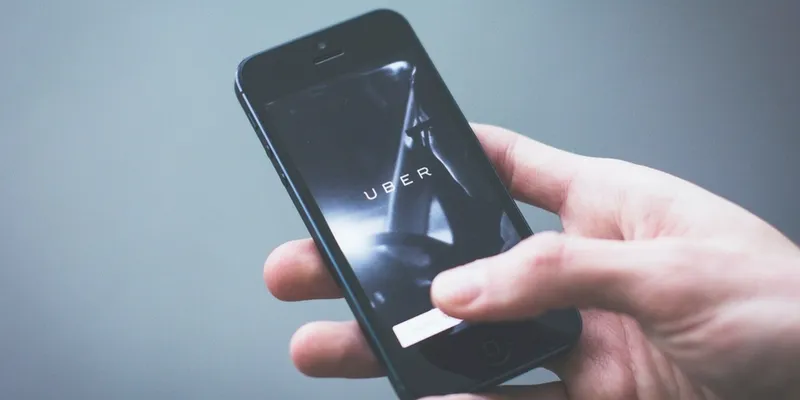Is Uber set to call ceasefire with Grab in Southeast Asia?
[Update]: Uber CEO Dara Khosrowshahi, in a blogpost titled A New Future for Uber and Grab in Southeast Asia, confirmed the deal where the ride-hailing company will sell its Southeast Asia business to rival Grab.
As part of the deal, Uber will acquire 27.5 percent stake in Grab, and Dara will join Grab's board of directors. In his blog, Dara also said while it was fair to ask whether consolidation was the strategy of the day, given this is the third deal of its kind, from China to Russia and now Southeast Asia, the answer was no.
News reports earlier had said Uber was looking to make its second retreat in Asia by selling operations to Indonesia-based Grab.
This consolidation, the reports had said, will give Grab a bigger edge over its rival like Indonesia's Go-Jek. When Softbank was onboarded as Uber's investor, it was speculated that the latter was pushing Uber to consolidate its Asia business in order to head towards profitability. The Japanese conglomerate is also one of Grab's main investors.
This deal with Grab looks to be similar to Uber's deal with Chinese cab-aggregator Didi-Chuxing. In August 2016, Uber’s China arm and Chinese market leader Didi Chuxing announced their merger at a valuation of $35 billion. Uber got 17.7 percent stake in Didi. Interestingly, Didi has also invested in Indian cab-aggregator Ola, and so has Grab. If this consolidation takes place, Uber indirectly gets a stake in Ola.

In Southeast Asia, both Uber and Grab have bleed funding and money in the market. While Uber is valued at close to $68 billion, making it one of the highest valued startups, Grab is believed to be valued at $6 billion. This consolidation will change the operational dynamics of the South-east Asian Market.
However, what needs to be noted is that during his visit to India, Uber CEO Dara Khosrowshahi had said Uber had no plans of consolidation in any market in Asia, especially India and Southeast Asia. He, in fact, had stated that the company will be aggressively growing and pushing deeper into these markets. Whether the growth is through a consolidation or not is yet to be determined.
Also, Uber just didn't consolidate only in China. Last year, it merged its Russian business arm with Yandax Russia’s search engine, also known as Russia’s Google. The combined entity is believed to be worth over $3.7 billion. The merger took place three and a half years after Uber officially launched in Moscow. The deal is expected to be closed by the end of this year.
A New York Times report said the combined entity will be operated by both Uber and Yandex, with Tigran Kudaverdyan, the CEO of Yandex.Taxi, heading the new venture. The newspaper stated that while Uber will invest $225 million, Yandex will invest $100 million to retain a majority stake in the new entity.
Uber is yet to confirm or deny these reports. If the consolidation does take place, the market of cab aggregation in Southeast Asia will take an interesting turn. In turn, it might also change the dynamics in India, for several months now there has been speculation of consolidation between Ola and Uber. Will the two rivals also consolidate in India? And is Uber on pressure from Softbank retreating from Asia?







